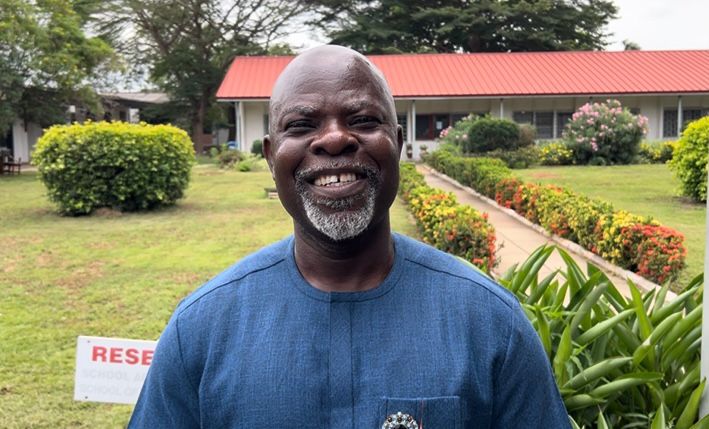Interim Associate Vice President and Full Professor at the School of Science, Memorial University of Newfoundland, Professor Paul Banahene Adjei, has urged African educational institutions to incorporate indigenous knowledge systems and their practitioners into the curricula used to train students.
His call followed a one-day workshop organised by the School of Social Sciences of the University of Ghana on Thursday, August 28, under the theme “African Indigenous Knowledge Preservation for Educational Reforms.”
The workshop brought together seasoned scholars of African knowledge systems to discuss ways of mainstreaming local value systems into academia for maximum impact.
Delivering the keynote address, Prof. Adjei stressed that it was long overdue for mainstream education in Africa to involve traditional elders and custodians of indigenous wisdom in shaping academic training. According to him, this would help preserve cultural heritage while enriching higher education.
“African institutions of learning, particularly universities, must take conscious steps to mainstream indigenous knowledge systems and the role of their practitioners into the educational system as a key part of reforming society to meet expectations.
“This policy is the only way society can instil enduring values in citizens—values that shaped our forebears and societies long before Westernised civilisation set in. Such education must also be deliberately delivered in local languages, so they are not lost to globally dominant languages,” he stated.
Prof. Adjei further emphasised the need for state authorities to prioritise national ownership of traditional knowledge and practices to prevent their exploitation by foreign entities.
“In an increasingly insular and transactional world, state and local authorities must collaborate to codify indigenous knowledge systems and adapt them into mainstream education, ensuring intellectual property-based protection for these cultural assets.
“As we say in Canada, the people whose values and ideas are codified must be involved in the process, so they feel a sense of belonging. Custodians of the knowledge system must be central to this adaptation.
“Such synergy must also be sensitive enough to identify and deter opportunists who may attempt to claim ownership of invaluable cultural relics handed down to African societies by their forebears,” he added.
The workshop concluded with participants committing to placing greater value on indigenous knowledge systems across cultural and linguistic dimensions and harnessing them for national development and the benefit of future generations.
–
Story by Sika Togoh|univers.ug.edu.gh





